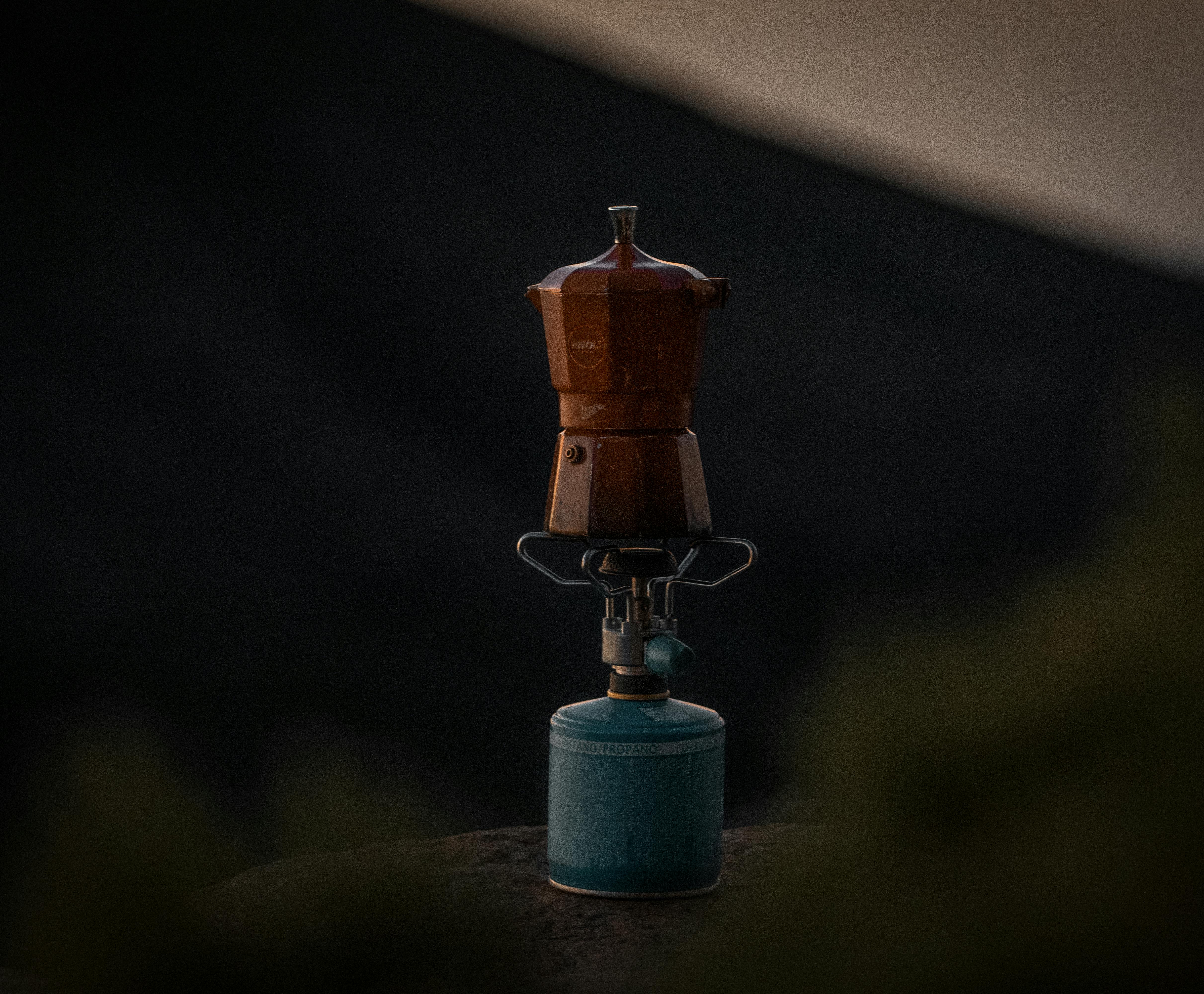Boiling distilled water is a simple process that can be done in a matter of minutes. When you boil distilled water, the water reaches its boiling point, which is 212 degrees Fahrenheit (100 degrees Celsius). The boiling point is the temperature at which a liquid changes to a gas. As the water boils, it evaporates and leaves behind any impurities or minerals that may have been in the water. The result of this process is pure, distilled water.When distilled water is boiled, it will eventually reach its boiling point and turn into steam. After the water has vaporized, it will no longer contain any minerals or other impurities.
Boiling Distilled Water
When boiled, distilled water does not undergo any chemical changes. It remains in its purest form, consisting of only water molecules and nothing else. However, it may absorb small amounts of gases and other substances from the air or other materials present in the environment. This is due to a process called vapor-liquid equilibrium, where water molecules in the liquid phase evaporate into the atmosphere and gases and other substances dissolve in the liquid phase. This can lead to a slight change in the composition of distilled water when boiled.
Boiling distilled water also has an effect on its physical properties. When heated, it will become more energized and its molecules will start to move faster. This increased activity creates more turbulence in the liquid which can cause dissolved solids to be released into the water. While this does not affect the chemical composition of distilled water, it may lead to a slight change in its taste or odor.
Lastly, boiling distilled water can also reduce its volume slightly due to evaporation. As the temperature increases, more and more of the liquid will evaporate into steam until all that is left is a
Does Boiling Distilled Water Release Any Impurities?
No, boiling distilled water does not release any impurities. This is because the distillation process removes all of the impurities from the water, leaving it pure and free of contaminants. Distillation involves boiling the water and then condensing the steam so that it returns to liquid form. During this process, any particles or substances in the water that have a higher boiling point than that of the water will remain in their original state and not be released into the steam or condensed back into liquid form. Therefore, when distilled water is boiled, no impurities are released into it.
However, if distilled water is left standing for some time after distillation, some impurities may become present as airborne particles may settle in it. Over time, these particles can accumulate in the distilled water and lead to an increase in mineral content. To avoid this, it is important to use freshly distilled water or store it in a sealed container.
Does Boiling Distilled Water Change Its Taste?
Boiling distilled water does not significantly alter its taste. Distilled water is made by evaporating and condensing steam, which strips away impurities such as minerals, salts, and other chemicals. This is why distilled water has a relatively neutral taste compared to regular tap water. Boiling distilled water will remove any remaining impurities, but it won’t make the water taste any different than it did before boiling.
The main reason that boiling distilled water doesn’t change its taste is because there are no dissolved solids or minerals in the water to be altered by the heat. When you boil tap water, some of the dissolved solids can be extracted from the liquid and deposited on the bottom of the pan or container. This can give boiled tap water a slightly different flavor than unboiled tap water. With distilled water, however, there are no solids to be extracted, so boiling it will not affect its flavor or smell in any way.
Boiling distilled water does have one advantage over regular tap water: it will kill bacteria and other pathogens that may be present in the liquid. In some cases, boiling
Is It Safe to Drink Boiled Distilled Water?
Yes, it is safe to drink boiled distilled water. Distilled water is free of harmful chemicals and impurities, so boiling it does not make it any less safe. Boiling distilled water actually helps to further purify the water by driving off any remaining traces of solvents or chemicals that may be present in the distilled water. This makes distilled water safer to drink than regular tap or bottled water.
Boiling distilled water is also a good way to ensure that all bacteria and other contaminants have been killed. Boiling the water will kill any microorganisms that are present and make the water safe for consumption. However, boiling the distilled water can also remove some of its minerals, so if you are looking for a mineral-rich beverage, then it may be best to look elsewhere.
In summary, boiled distilled water is safe for drinking as it has been purified through distillation and further purified through boiling. However, those looking for a mineral-rich drink should look elsewhere as boiling will remove some of the minerals in the distilled water.

Does Boiling Distilled Water Create a Risk of Contamination?
Boiling distilled water does not create a risk of contamination, as long as it is done correctly. Distilled water is already free from impurities and boiling it only further purifies the water. When boiling distilled water, it is important to watch the temperature closely, as boiling for too long can cause some of the minerals from the container to be released into the water. Additionally, boiling for too long can also cause some of the oxygen to be driven off, making the water flat and taste-less.
When boiling distilled water, it is important to use a clean pot or container. Contaminants from unclean containers can be transferred into the boiled water, creating a risk of contamination. Any materials that will come in contact with the boiling water should be cleaned beforehand with soap and warm water. Lastly, it is important to use clean utensils when transferring the boiled distilled water into another container or when drinking it.
In summary, boiling distilled water does not create a risk of contamination if done correctly. As long as all materials used are clean and all relevant safety precautions are observed, there should
Benefits of Drinking Boiled Distilled Water
Drinking boiled distilled water offers a number of benefits to those who are looking for a safe and healthy alternative to regular tap water. Boiled distilled water is essentially free from any contaminants, as all of the minerals and other impurities are removed through distillation. As a result, boiled distilled water has a much lower risk of containing any potentially harmful substances. Furthermore, drinking boiled distilled water can help to improve overall health by providing the body with the essential minerals and nutrients it needs. Additionally, boiling the distilled water helps to make it safer to consume, as any bacteria or viruses present in the water will be killed off during the boiling process.
In addition to being free from contaminants, drinking boiled distilled water also helps to support proper hydration levels in the body. This is because it is almost entirely composed of pure H2O molecules that can be quickly absorbed into cells and tissues throughout the body. Proper hydration levels are essential for maintaining optimal health, which is why many people choose to drink boiled distilled water on a regular basis in order to stay properly hydrated. Furthermore, drinking boiled distilled water can help with weight loss
How Long Should You Boil Distilled Water Before Drinking It?
Boiling water is the most effective way to make it safe for drinking. It helps to destroy any harmful bacteria or pathogens that may be present in the water. When it comes to distilled water, it is important to boil it for at least one minute before drinking it. This will ensure that all of the impurities are removed and that the water is safe for consumption. Boiling distilled water for longer than one minute will not make it any safer, so there is no need to do so.
When boiling distilled water, make sure that you use a pot or pan that has been cleaned and sanitized beforehand. If you are using a stovetop, bring the water to a rolling boil and then let it boil for at least one minute before removing from heat. If you are using a microwave, make sure that you heat the distilled water in short bursts until it reaches boiling point and then let it boil for at least one minute before consuming.
It is important to remember that boiling does not remove all impurities from the water, so if there are

Conclusion
When you boil distilled water, the boiling point of the water increases. This is due to the lower concentration of dissolved substances in the water. Boiling distilled water can help to reduce bacteria and other contaminants present in the water, making it safer for drinking. Additionally, boiling distilled water may also be used to sterilize medical equipment and other surfaces. Boiling distilled water can also help to remove any remaining impurities from the water that may not have been removed during the distillation process.
In conclusion, boiling distilled water can be beneficial in many ways. Not only does this process help to reduce bacteria and other contaminants in the water, it can also be used to sterilize medical equipment and surfaces. Boiling distilled water can also help to remove any remaining impurities from the distillation process, resulting in a cleaner end product.

